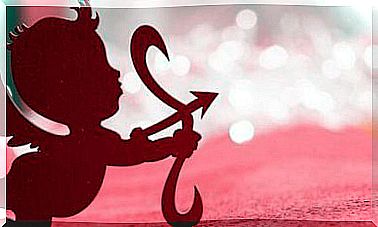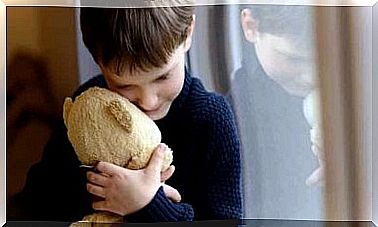There Are No Toxic People, Only Toxic Behavior Exists
The idea of ”toxic people” is very widespread. People use the adjective “toxic” for anyone who has trouble getting along with other people. But this only serves to sharpen intolerance. It’s time we made it clear that “toxic people” don’t really exist. What does exist is toxic behavior.
No human being should be reduced to a general category such as “good” or “bad.” We should also not hit any person with a negative term like “toxic.” Because people, like life, are constantly changing. We all have times when we let bad or destructive behavior take over.
Moreover, we can even get stuck in those moments for a long time. But that doesn’t mean we’re inherently toxic. No one is poisonous. And we really can’t use that word to describe the essence of someone.
Anyone can behave in a toxic way. But that doesn’t mean they will behave that way for the rest of their lives. You can refocus your behavior and turn it into something constructive.
In any case, it’s not something you should avoid like the plague. What it means is that you (or anybody else) is in trouble. As a result, you are not aware of the damage you inflict on yourself and others.
What does toxic behavior look like?
Toxic behavior hides insecurity and low self-esteem. At the same time, it exhibits narcissistic traits that compensate for a lack of self-love. Moreover, it often goes hand in hand with incorrect beliefs. These beliefs provide the person with a false sense of justification for the behavior.
The main characteristics of toxic behavior are:
- A desire for control. The individual feels a strong need to control the people he loves. He wants to know everything about them. This is also reflected in a persistent interest in being involved or influencing the way the others are and act.
- Using emotional manipulation. Toxic behavior often involves blackmail. The individual uses blackmail to get the other person to do what he wants.
- Trying to blame other people and put them down. Toxic verbal behavior points to the faults and flaws of the other person. A person who behaves in a toxic way tries to avoid individual responsibility and, on the contrary, blames others.
- Hide jealousy and envy. Toxic behavior is when one cannot celebrate the success of others. The independence and achievements of other people are seen as a threat.
How should you deal with toxic behavior?
You should not view toxic behavior in general terms that apply to anyone who exhibits one or more of the above characteristics. There are always degrees, levels and contexts.
Sometimes toxic behavior is too ingrained. The only thing you can do is distance yourself. But that doesn’t mean you should isolate that person. It’s important that you show them that their destructive behavior is the reason you distance yourself from them.
In your relationships there will always be conflicts. But it is possible to find balance, although it usually doesn’t happen naturally. In general, it is only after many highs and lows that equilibrium is reached.
Everyone brings baggage into their relationship: emptiness, breakups and contradictions. So it is not wise to try to avoid all of this. All you can really do is try to steer it and balance it.

Dialogue will always be the best way to find common ground. When you’re not exhibiting toxic behavior, you have the ability to see it in others. You are therefore able to stop any attempt at control and manipulation. For if you allow, enable, tolerate or remain silent, it means that you are following the same devastating logic.
The best way to help someone who engages in toxic behavior is to not allow them to do it. Every relationship has implicit or explicit rules. You should never tolerate manipulation, contempt, or any other behavior that degrades or uses you. Finally, you should also remember that we are trying to make toxic behavior go away and not “toxic people.”









